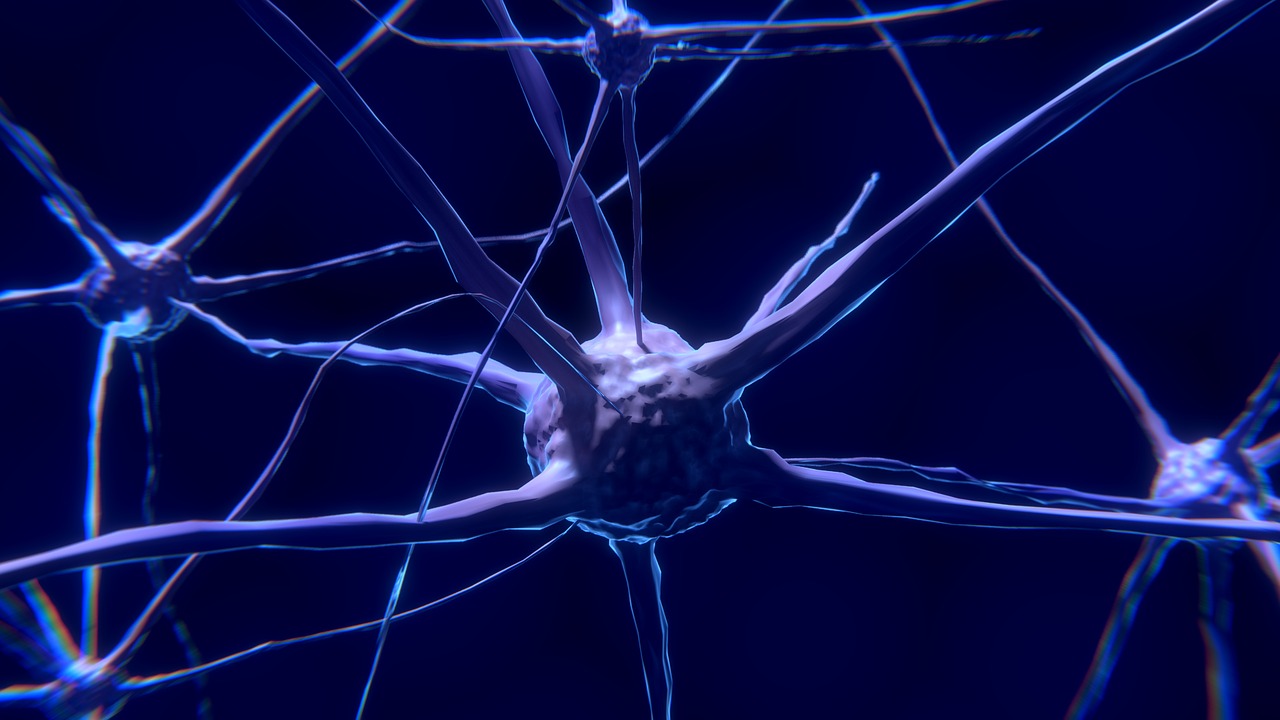FET Flagship Human Brain Project Launches Four Calls
The Human Brain Project is an Horizon 2020 FET Flagship Project which strives to accelerate the fields of neuroscience, computing and brain-related medicine. The project aims to develop a strategic alignment of scientific research programmes in fundamental neuroscience, advanced simulation and multi-scale modelling with the construction of an enabling Research Infrastructure.
The project has now launched four Calls for Expression of Interest (CEoIs) for new projects to directly contribute to the development of the research Infrastructure (EBRAINS) and increase the scope of its application in terms of innovation, neuroscience and clinical research. The CEoIs are for external applicants outside the current HBP Consortium or not currently involved in the HBP. They are as follows:
CEoI 1: Validation and Inference
The goal of the CEoI is to attract experts in model validation in order to validate existing brain models against available experimental evidence; and map model parameter variability in light of biological diversity. The general objective is to build and apply workflows which will enable the identification of relevant data features and model parameters with quantitative diagnostic value, including a quantification of intra- and interindividual variability and model identifiability.
The total budget is €700,000, which includes a voucher of €70,000 to fund technical support for integration of project results in EBRAINs, which will be performed by the HBP High Level Support Team (HLST). Co-funding of approximately €350,000 is requested. Proposals with lower contributions must be fully justified.
CEoI 2: Brain Atlas and Simulation Engine Adapter Construction
The goal of this CEoI is to attract experts in computational services related to the informatics integration of Brain Atlas and The Virtual Brain (TVB) simulation engine, with the capacity to perform co-simulations by integrating NEST, and to operate within the context of and with the European Brain ReseArch INfrastructureS (EBRAINS) platform. Software adaptors shall be created for efficient interprocess communication between simulation engines and parallel I/O of heterogenous neuroscientific datasets on HPC systems.
The total budget is €450,000. Co-funding of approximately €225,000 is requested. Proposals with lower contributions must be fully justified.
CEoI 3: Whole Brain Multi-parametric Imaging Using Invasive and Non-invasive Recordings
The goal of this CEoI is to attract leaders in the field of multimodal brain imaging integrating invasive (such as stereotactic EEG) and non-invasive brain imaging techniques (such as MRI or PET). The general objective is to create a unique multimodal data set combining a maximum of patient-specific structural and functional multiscale information to optimise the capacity for model inference and validation, thereby enabling quantitative assessment of the models and links across molecular, cellular and brain regional scales by using the validation workflows in the HBP infrastructure.
The total budget is €450,000, which includes a voucher of €45,000 to fund technical support for integration of project results in EBRAINs, which will be performed by the HBP High Level Support Team (HLST). Co-funding of approximately €225,000 is requested. Proposals with lower contributions must be fully justified.
CEoI 4: Rodent Microcircuits
The goal of this CEoI is to attract leaders in the field of rodent microcircuit modelling and shall generate a full-brain model of the mouse at the microcircuit and point neuron level. The design of neurons and microcircuits should be multiscale, biologically-realistic (ie neurons should be generated through a precise simplification pipelines maintaining salient biological features), subjected to biological validation, and should address brain architectures involved in motor and cognitive control.
For all calls, it is highly recommended that a consortium or group of partners applies for the CEoI. The consortium should be represented by a project coordinator with the principal investigator (PI) acting as the main contact. Either HBP partners or non-HBP partners are eligible for funding, and at least 60% of the proposal budget must be assigned to non-HBP partners, while the HBP partners should not account for more than 40% of the allocation.
One proposal will be funded for each call for a maximum of 30 months, from 1 October 2020 to 31 March 2023, depending on the date of inclusion of the new partner in the Consortium.
Pre-proposals must be submitted via the HBP open call platform by the 4 November 2019 (16:00 UTC) deadline.
Full proposals must be submitted via the HBP open call platform by the 2 December 2019 (16:00 UTC) deadline.
More information about this research funding opportunity and the application process is available on the RESEARCHconnect funding information platform. RESEARCHconnect provides up-to-the minute content, insight and analysis on research funding news and policy. To find out more about how RESEARCHconnect can keep you in the know, and subscription fees, contact us today.

